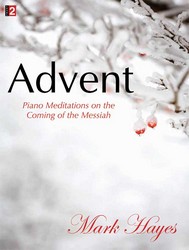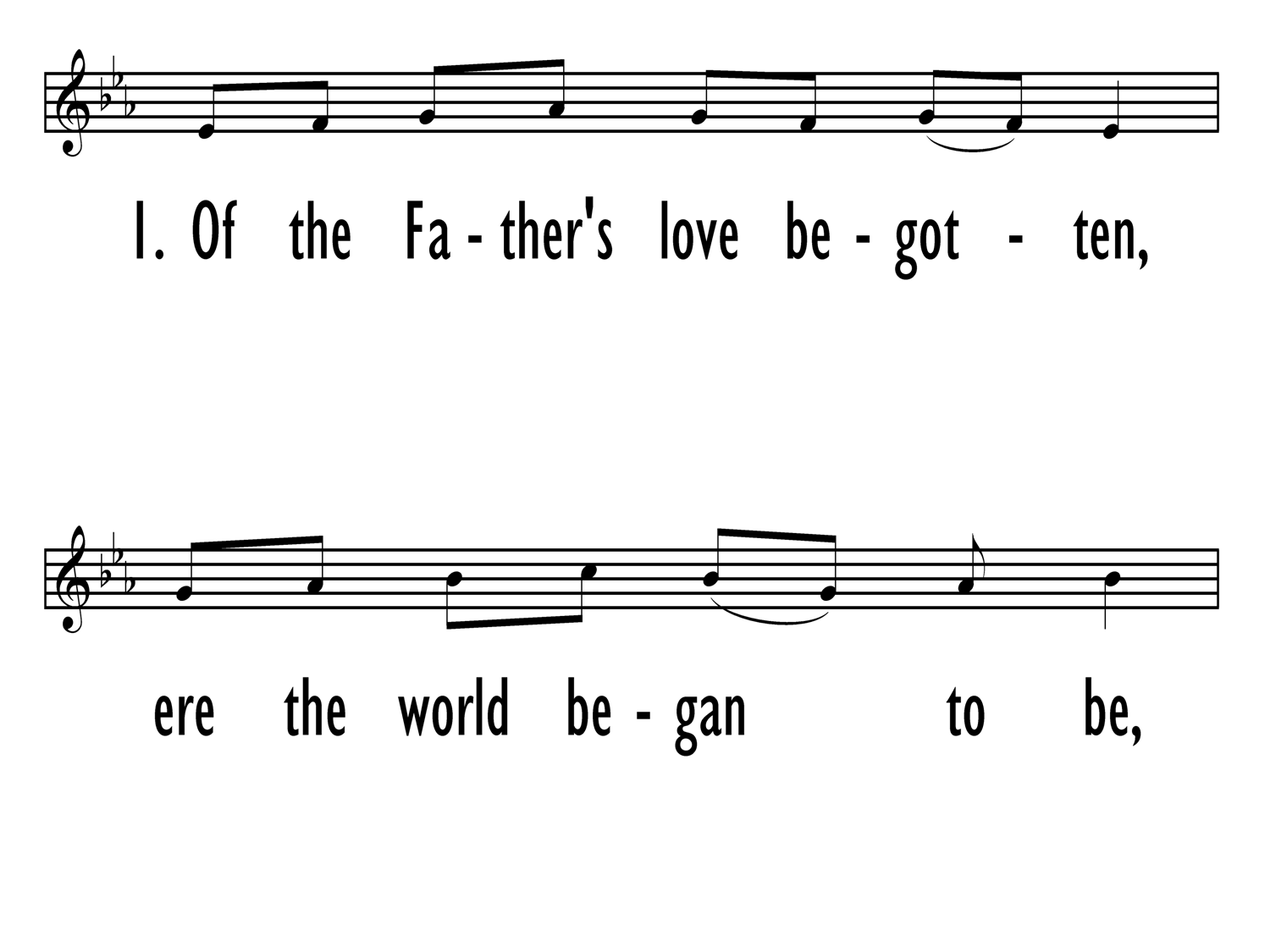- |
User Links
In a Deep, Unbounded Darkness
Hymn Information
- First Line
- In a deep, unbounded darkness
- Adapter
- Mary Louise Bringle
- Text Source
- Anonymous Chinese poem
- Tune Name
- DIVINUM MYSTERIUM
- Topic
- Biblical Names and Places: Abraham · Biblical Names and Places: Hagar · Biblical Names and Places: Miriam · Biblical Names and Places: Moses · Biblical Names and Places: Pillar of Cloud/Pillar of Fire · Biblical Names and Places: Sarah · Change · Covenant Faithfulness · Election · Jesus Christ: Friend · Jesus Christ: I Am · Jesus Christ: Incarnation · Jesus Christ: Savior
Copyright Information
- Text Copyright
- © 2012 GIA Publications, Inc.
- Tune Copyright
- Public Domain
- Reprint/Projection Information
- Words: Permitted with a license from OneLicense.net. If you do not own this license, please contact the copyright holder for permission.
- Music: The Music is in the Public Domain; you do not need permission to project or reprint the Music.
Scripture References
Thematically related:
- st. 1 = · ·
- st. 4 = · · · · · · ·
Further Reflections on Scripture References
Stanza 1 sets the theme for this song in pointing to the plan of God to embrace us, which was formed before “the first light shone”. Paul, in Ephesians 1:3-14, explains it more fully. Other references such as John 6:47-51, Romans 8:37-39, and I Thessalonians 4:13-18 reinforce this truth.
Stanza 4 – the story of Hagar is found in Genesis 16:7-16 (and Galatians 4:21-31); the story of Sarah is contained in Genesis 17:15-22, 18:1-15, and 21:1-7; and that of Abraham is found in Genesis 12, 15, 17 and supplementary passages.
Confessions and Statements of Faith References
Further Reflections on Confessions and Statements of Faith References
Rare is the song that reaches back into eternity, back into the “deep, unbounded darkness” of the world before creation, to note the work of God in “embracing us,” his children, as his own. In doing so, this song echoes the teachings of the Canons of Dort I, 7: “Before the foundation of the world, by sheer grace, according to the free good pleasure of his will, God chose in Christ to salvation a definite number...” The same is professed in Belgic Confession, Article 16.
In a Deep, Unbounded Darkness
Introductory/Framing Text
Additional Prayers
God of Miriam, God of Moses, fiery pillar, great I AM:
lead us homeward, lead us homeward, to the love feast of the Lamb,
evermore and evermore in Jesus’ name. Amen.
In a Deep, Unbounded Darkness
Tune Information
- Name
- DIVINUM MYSTERIUM
- Key
- E♭ Major
- Meter
- 8.7.8.7.8.7.7


 My Starred Hymns
My Starred Hymns






